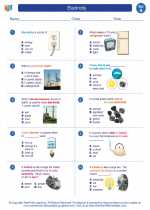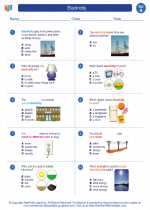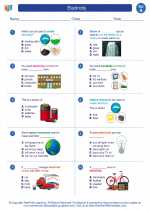Medical Technology
Medical technology encompasses the use of various tools, techniques, and equipment to improve the delivery of healthcare. It includes a wide range of devices, procedures, and processes used in the diagnosis, treatment, and prevention of diseases and medical conditions.
Importance of Medical Technology
Medical technology plays a crucial role in modern healthcare by enabling healthcare professionals to diagnose conditions accurately, treat patients effectively, and improve overall patient care. It also contributes to advancements in medical research and the development of new treatment methods.
Key Areas of Medical Technology
1. Diagnostic Imaging: This includes X-rays, CT scans, MRI, ultrasound, and other imaging techniques used to visualize internal structures and detect abnormalities.
2. Biomedical Equipment: These are the devices used for patient monitoring, life support, and other medical procedures, such as ECG machines, ventilators, and infusion pumps.
3. Laboratory Diagnostics: This encompasses a wide range of tests and instruments used to analyze blood, urine, and other body fluids for the presence of diseases or abnormalities.
4. Telemedicine: This involves the use of technology to provide healthcare services remotely, including teleconsultations, remote monitoring, and electronic health records.
Study Guide
- What is medical technology and why is it important in healthcare?
- Identify and describe three key areas of medical technology.
- How does medical technology contribute to advancements in medical research?
- Discuss the role of telemedicine in modern healthcare and provide examples of its applications.
Understanding medical technology is essential for anyone interested in pursuing a career in healthcare or biomedical engineering. It involves a combination of scientific principles, engineering concepts, and clinical applications to improve patient outcomes and enhance the quality of healthcare delivery.
.◂Science Worksheets and Study Guides First Grade. Electricity

 Worksheet/Answer key
Worksheet/Answer key
 Worksheet/Answer key
Worksheet/Answer key
 Worksheet/Answer key
Worksheet/Answer key
